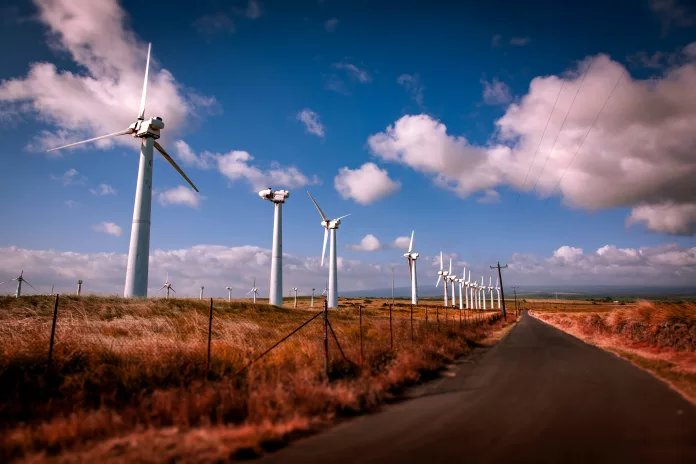Energy resilience is not a one-size-fits-all solution, especially for remote, coastal, and island communities, each with distinct challenges and aspirations. Discover how the U.S. Department of Energy’s Energy Transitions Initiative Partnership Project (ETIPP) is fueling their journey toward sustainable energy systems.
A Collaborative Path to Energy Resilience
Remote and geographically unique communities experience high energy costs, outdated infrastructure, and increased susceptibility to extreme weather resulting from climate change. The Energy Transitions Initiative Partnership Project, spearheaded by the U.S. Department of Energy, recognizes these challenges and empowers these communities to forge a custom path toward energy resilience, aligning with their respective values and priorities. With the application window open through July 10th, ETIPP invites new participants to embark on this transformative energy journey.
A Tailored Approach with ETIPP
Communities engaged with ETIPP benefit from a personalized technical assistance package that spans up to two years. Expert researchers from the National Renewable Energy Laboratory (NREL) and other esteemed national laboratories join forces with regional partners, all adept in addressing the area-specific energy challenges. The additional boon for the upcoming year is the provision of direct funding for communities entering the program, an inaugural offering that promises to bolster energy projects.
Charting Success Stories
ETIPP’s approach has already made a meaningful impact, partnering with 32 diverse communities, including local governments, tribal entities, and utilities. These collaborations have yielded strategic energy planning and critical project validations, amplifying the collective decision-making power and propelling energy resilience targets forward. The initiative is responsive to a myriad of community-centric priorities:
- On Beaver Island, Michigan, investigations delve into the economic ramifications of transitioning from fossil fuels to renewable energy, considering job creation and revenue outcomes.
- The Makah Tribe in Washington zooms in on energy resilience by incorporating renewable energy strategies into its infrastructure relocation planning, actively involving community opinion in these sweeping decisions.
- Infrastructure enhancements are on the radar for organizations like North Carolina’s Tideland Electric Membership Corporation, as it contemplates the operational shifts linked to electrifying Ocracoke Island’s ferry system. Similarly, the Cooperativa Hidroeléctrica de la Montaña aims to interconnect four mountain communities in Puerto Rico with a microgrid.
- Massachusetts neighbors, Aquinnah and Chilmark, jointly aspire to achieve 100% renewable energy by 2040, eyeing municipal building upgrades and microgrid solutions to meet statutory deadlines.
Expert Guidance for All Stages of Planning
Even communities like McGrath, Alaska, which are still in the nascent phases of energy planning, find value in ETIPP. McGrath is assessing a broad spectrum of renewable resources including hydrokinetic, wind, solar, and micro-nuclear options, demonstrating that the assistance ETIPP offers is not limited to those with well-defined energy strategies.
The ETIPP Advantage
ETIPP’s efficacy lies in its ability to furnish communities with comprehensive, context-specific insights, equipping them with actionable choices for their energy futures. Partnering with local energy transition specialists aids in framing targeted ETIPP projects. Over 12 to 24 months, community leaders join hands with national laboratory researchers employing state-of-the-art modeling techniques to achieve their community-specific energy objectives.
Communities interested in the ETIPP program, which is actively receiving applications until July 10, are encouraged to connect with a regional partner or ETIPP program manager to discuss project compatibility. Among ETIPP’s regional partners are organizations like the Island Institute, Renewable Energy Alaska Project, and Spark Northwest.
An informative webinar is scheduled for April 24 to acquaint prospective applicants with ETIPP essentials — the program, its eligibility criteria, and the application procedure. To learn more, register for the webinar, or to apply, interested parties can visit the ETIPP technical assistance page.

























